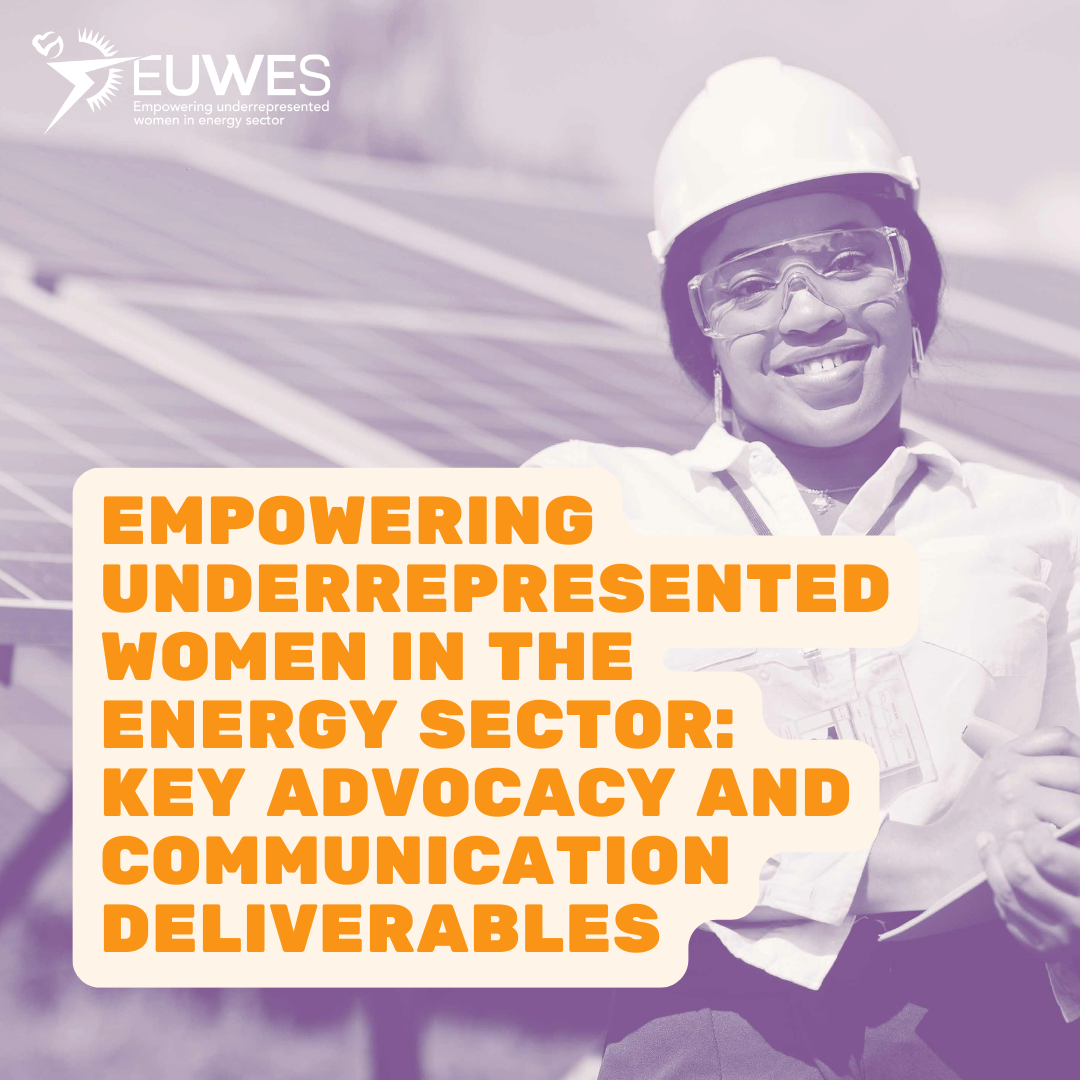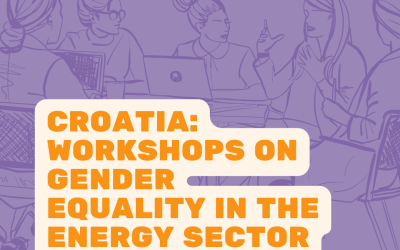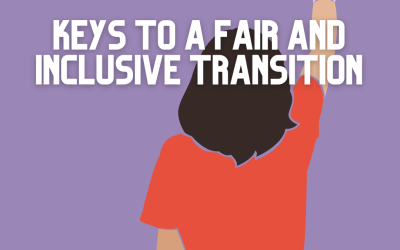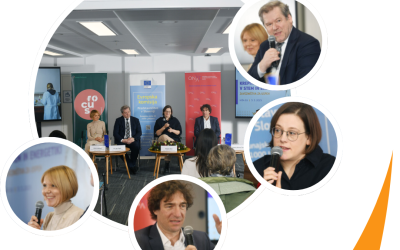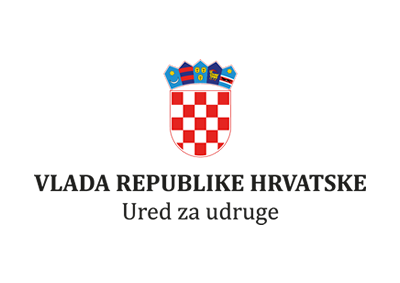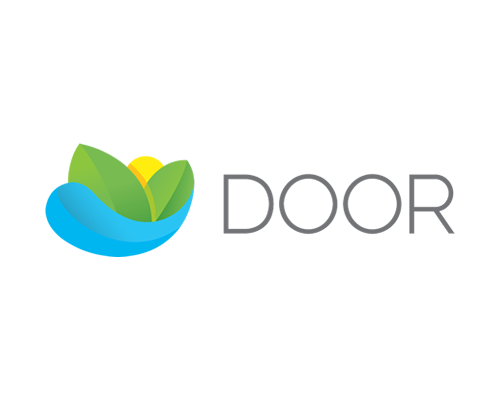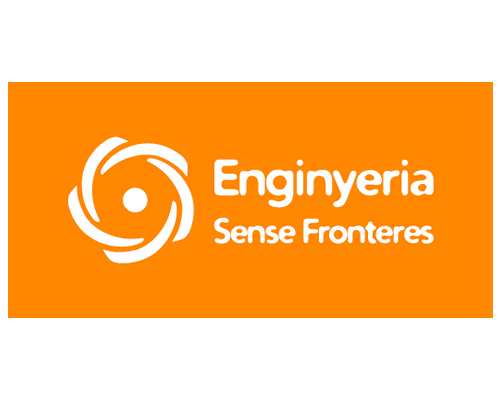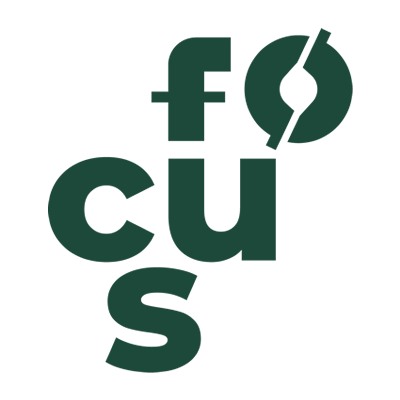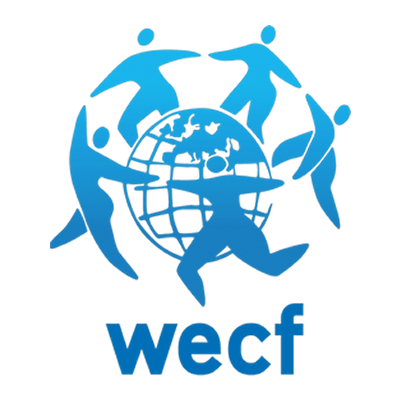The “Empowering Underrepresented Women in the Energy Sector” (EUWES) project has been dedicated to fostering gender inclusivity and increasing the representation of women in decision-making roles within the energy sector.
Through targeted advocacy campaigns, strategic communication, and active stakeholder engagement, the EUWES project has successfully implemented initiatives to drive systemic change. Below is an overview of three key deliverables that highlight the project’s impact and outreach efforts.
D3.3 List of Decision-Makers Targeted in the National Advocacy Campaign
A central component of the EUWES project was the identification and engagement of key decision-makers who could influence gender-responsive policies in the energy sector. This document presents a comprehensive list of stakeholders at both the European Union and national levels (Croatia, Germany, Slovenia, and Spain), categorized as follows:
- 161 key stakeholders and decision-makers in the energy sector.
- 131 key stakeholders and decision-makers in the education sector.
- 122 key stakeholders and decision-makers working to increase gender equality.
The selection criteria for these decision-makers included their strategic positioning within government, institutions, education, and corporate structures, as well as their potential to drive gender equity reforms. By engaging with these stakeholders, the EUWES project has facilitated stronger advocacy efforts and policy changes that contribute to a more inclusive energy sector. This document serves as a reference for monitoring engagement activities and refining advocacy strategies.
This document is sensible, so it is not available on the EUWES website.
D4.3 Press Releases
To amplify project’s visibility and impact, each partner organization contributed by issuing ten press releases, collectively forming a robust communication campaign. These press releases highlighted key activities, initiatives, and events, ensuring that gender equality challenges and policy recommendations reached policymakers, industry leaders, and the general public.
Effective media engagement played a crucial role in shaping public discourse and policy debates. Through press coverage, the EUWES project successfully raised awareness about the barriers women face in the energy sector while showcasing tangible solutions and best practices. This document provides an overview of outreach strategies, thematic coverage, and the impact of media efforts, serving as a reference for future communication initiatives.
D4.4 Communication and Dissemination Report
After two years of implementation, an evaluation of the communication and dissemination plan has yielded positive results. Despite the challenge of disseminating 250 media clips and 10 press releases, the outcomes have exceeded expectations. Key milestones include:
- Development of materials and mapping of state actors and policies in the early stages.
- Mid-project internal evaluation to enhance coordination and media publication rates.
- Increased intensity of communication efforts in the second phase, with advocacy meetings, training sessions, and material releases.
The project’s adaptability in messaging and audience targeting ensured broad reach across media outlets, academia, the energy sector, and the general public. The annexes to this report include detailed monitoring tools that track all published materials and communications, offering valuable insights for ongoing and future dissemination strategies.
D4.4 Communication and Dissemination Report
Conclusion
The EUWES project has made significant strides in advocating for gender equity in the energy sector. By systematically engaging decision-makers, leveraging media influence, and refining communication strategies, the project has set a strong foundation for continued efforts in fostering an inclusive and diverse energy landscape. The deliverables outlined above serve as key references for tracking progress and enhancing future advocacy and communication initiatives.
